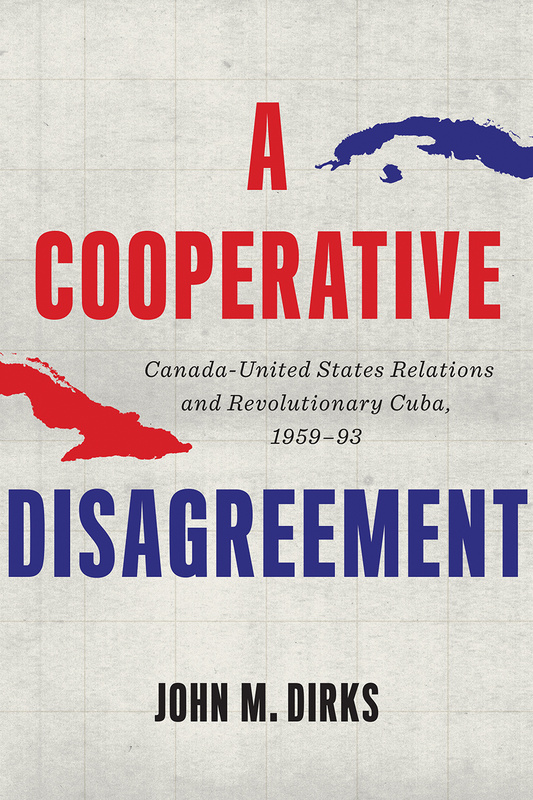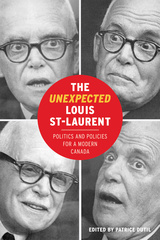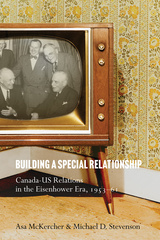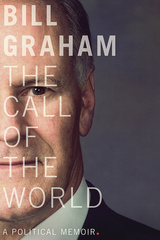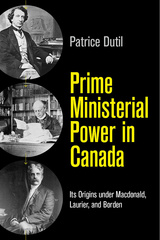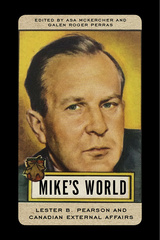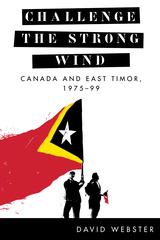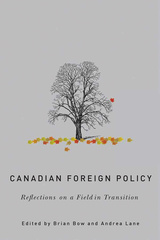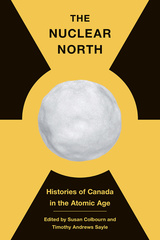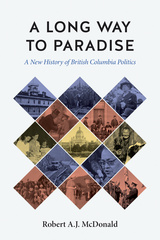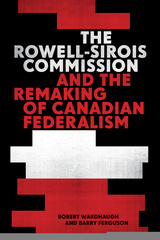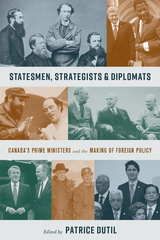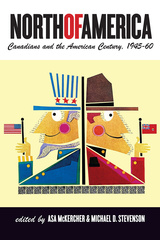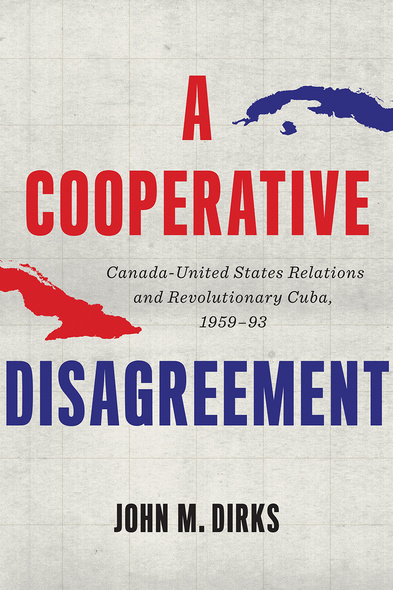
A Cooperative Disagreement
Canada-United States Relations and Revolutionary Cuba, 1959–93
A Cooperative Disagreement demonstrates how Canada and the United States successfully kept divergent policies on revolutionary Cuba from damaging their bilateral relationship.
Covering the period from 1959 to the end of the Cold War, John Dirks investigates efforts at the senior and working levels of Canada-US diplomacy and bureaucracy to find mutually advantageous ways of cooperating despite their respective approaches to Cuba. When Washington sought the downfall of the communist regime through political isolation and economic strangulation. Canada had deep commercial ties with Cuba and chose engagement instead. These differences in policy created the potential for significant friction, but the burden fell on Canada, as the smaller power, to initiate mitigation strategies. Ultimately, these two North American powers continued to adhere to the hard policy boundaries set by their own governments while establishing a mutually beneficial relationship on issues of intelligence, travel, and other areas of engagement with Cuba.
Drawing on archival documents from both sides of the border, many newly declassified, this comprehensive study reveals how officials in Ottawa and Washington managed to preserve bilateral harmony despite ongoing policy divergence.
Based on deft and thorough archival research, this work will appeal not only to scholars of Canadian foreign policy, diplomatic history, and political history but also to diplomats and others working in the foreign policy field.
A Cooperative Disagreement is based on impeccable research in Canadian and American archival records. It will serve as the standard historical treatment of the relationship between Canada, the United States, and Cuba since the 1959 Cuban Revolution.
John M. Dirks is a historian and professional archivist. Now with the City of Toronto, he taught for several years in the International Relations Program at Trinity College, University of Toronto.
Foreword / Robert Bothwell and John English
Introduction
1 Setting Precedents in Latin America
2 From Parallel Paths to Parting Ways
3 The Era of Friction Begins
4 Establishing Cooperation amid Tension
5 Refinement through Fire
6 Normalizing Cooperation, Containing Subversion
7 A Heightened Potential for Friction
8 The Routinization of Difference
9 From the Summit to Square One
10 To the End of the Cold War … and Beyond
Conclusion
Notes; Selected Bibliography; Index

